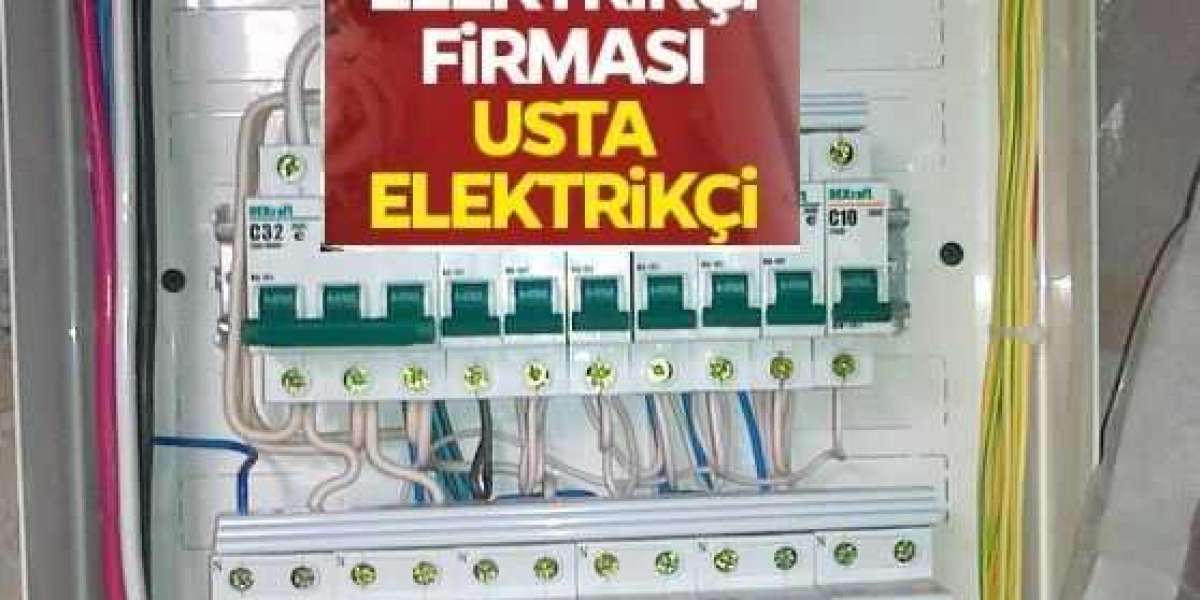Embarking on nocturnal wildlife observation can be an exhilarating experience, but it requires the right equipment to truly appreciate the wonders of the night. One essential tool for this adventure is a night vision scope. In this guide, we will delve into the intricacies of How to Choose the Perfect Night Vision Scope for Wildlife Observation, ensuring you make an informed decision that enhances your nocturnal explorations.

Understanding Night Vision Technology
Before diving into the specifics of selecting the ideal night vision scope, it is crucial to understand the technology behind it. Night vision devices amplify available light, such as moonlight or starlight, to provide a clear image in low-light conditions. There are two primary types of night vision technology: image intensification and thermal imaging.
Image intensification works by collecting and amplifying light, making it suitable for observing wildlife in near-total darkness. Thermal imaging, on the other hand, detects heat signatures emitted by animals, offering a different perspective that can be particularly useful in dense foliage or complete darkness.
Key Features to Consider
When selecting a night vision scope, several features should be taken into account to ensure it meets your specific needs for wildlife observation.
Generation of Night Vision
Night vision scopes are categorized into generations, with each generation offering varying levels of performance. Generation 1 devices are the most affordable and provide basic functionality, while Generation 2 and 3 devices offer enhanced clarity and range. For serious wildlife enthusiasts, investing in a Generation 3 scope can significantly improve your observation experience.
Magnification and Field of View
Magnification is a critical factor in choosing the right night vision scope. Higher magnification allows you to see distant objects more clearly, but it can also narrow your field of view. A balance between magnification and field of view is essential for effective wildlife observation. Typically, a magnification range of 3x to 5x is ideal for most nocturnal activities.
Infrared Illuminators
Infrared (IR) illuminators are integral to night vision scopes, providing additional light in complete darkness. Built-in IR illuminators enhance the scope's performance, but external IR illuminators can offer even greater visibility. Consider a scope with a powerful IR illuminator if you plan to observe wildlife in pitch-black environments.
Durability and Weather Resistance
Wildlife observation often takes place in challenging outdoor conditions. Therefore, it is essential to choose a night vision scope that is durable and weather-resistant. Look for scopes with rugged construction, water resistance, and fog-proof capabilities to ensure reliable performance in various environments.
Practical Tips for Choosing the Right Scope
Now that we have covered the essential features, here are some practical tips to help you make the best choice:
Define Your Observation Goals
Consider what you aim to observe. Are you interested in birdwatching, tracking larger mammals, or studying nocturnal insects? Your specific goals will influence the type of night vision scope you need.
Test Before You Buy
If possible, test different night vision scopes before making a purchase. This hands-on experience will give you a better understanding of the device's performance and comfort.
Read Reviews and Seek Recommendations
Online reviews and recommendations from fellow wildlife enthusiasts can provide valuable insights into the performance and reliability of various night vision scopes. Take the time to research and gather opinions from trusted sources.
Conclusion
Choosing the perfect night vision scope for wildlife observation requires careful consideration of various factors, from the type of technology to specific features like magnification and durability. By understanding your observation goals and conducting thorough research, you can find a night vision scope that enhances your nocturnal adventures and brings the hidden world of wildlife into clear view.
Remember, the right equipment can make all the difference in your wildlife observation experience. Happy exploring!








